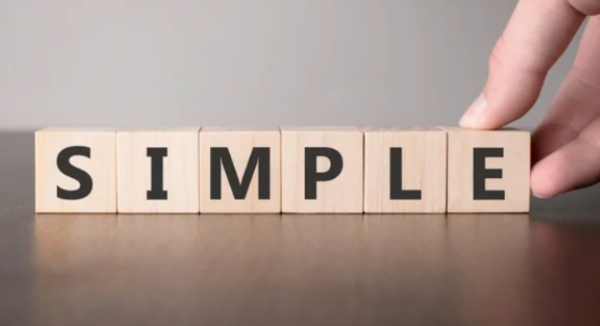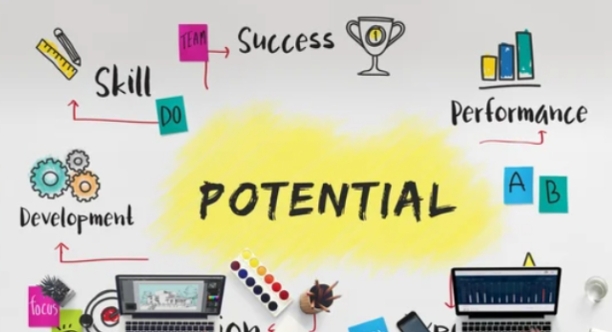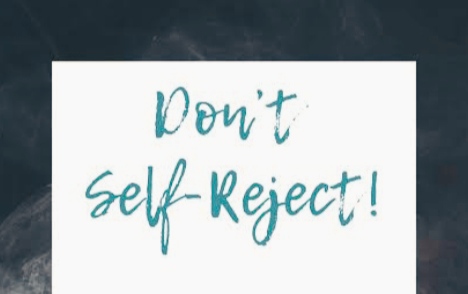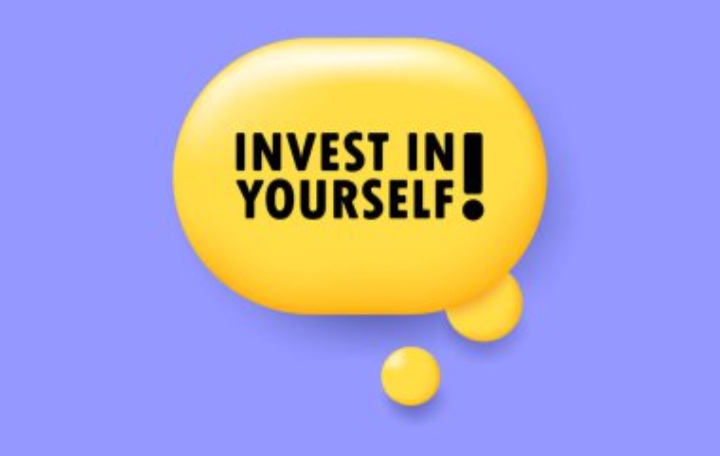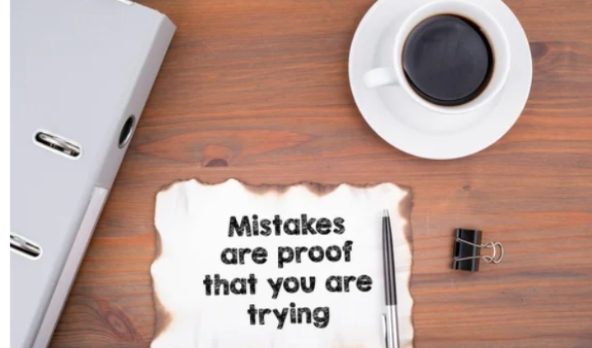
Life is full of challenges and obstacles, which can sometimes make us feel stuck or demotivated. However, cultivating a growth mindset can be a game-changer in how we approach and overcome these difficulties. By embracing a growth mindset, we can develop resilience, unleash our full potential, and create a more fulfilling life.
What is a growth mindset? Growth mindset is the belief that our abilities and intelligence are not fixed traits but can be developed through dedication, hard work, and a willingness to learn from failure. On the other hand, having a fixed mindset means believing that our qualities and talents are set in stone.
So, how can we foster a growth mindset in our everyday lives? Here are some key strategies:
1. Embrace challenges
Rather than shying away from challenges, embrace them as opportunities for growth. View them as a chance to learn, improve, and develop new skills. When faced with a difficult task, remind yourself that you have the capacity to grow and that setbacks are just part of the learning process.
2. Cultivate a love for learning
Approach life with curiosity and a hunger for knowledge. Seek out new experiences, expand your skill set, and never stop learning. Develop a strong drive to continuously develop and improve yourself. Remember, growth comes through effort and persevering through obstacles.
3. View failures as learning opportunities
Instead of being discouraged by failure, see it as a stepping stone towards success. Understand that failing is not a reflection of your abilities, but rather an indication that you are pushing your limits and gaining valuable experience. Learn from your mistakes, adjust your strategies, and keep moving forward.
4. Shift your perspective on criticism
Rather than being defensive or avoiding criticism, embrace it as a chance to grow and improve. See feedback as valuable insights that can help you identify areas for development. Appreciate constructive criticism and turn it into a catalyst for self-improvement.
5. Surround yourself with positive influences
The company we keep greatly influences our mindset. Therefore, surround yourself with individuals who have a growth mindset and are supportive of your aspirations. Their encouragement, advice, and shared experiences can reinforce your own growth mindset and motivate you to reach new heights.
6. Focus on the process, not just the outcome
While it is important to have goals, a growth mindset places emphasis on the process rather than solely fixating on the end result. Enjoy and appreciate the journey towards your goals, learning from every step along the way. Celebrate small victories and milestones, and appreciate the progress you make, even if it’s not always perfect or immediate.
7. Believe in your ability to change and grow
Have confidence in your potential to continuously evolve and improve. Understand that your abilities are not fixed, but rather expandable with effort and dedication. Trust in your resilience and capacity to adapt to changing circumstances.
Therefore, nurturing a growth mindset can significantly impact how we approach life’s challenges and opportunities. By viewing obstacles as opportunities for growth, embracing failure as a chance to learn, and surrounding ourselves with positive influences, we can unlock our full potential and achieve personal fulfillment. Remember, no matter where you are in life, growth is always possible if you have the right mindset.


